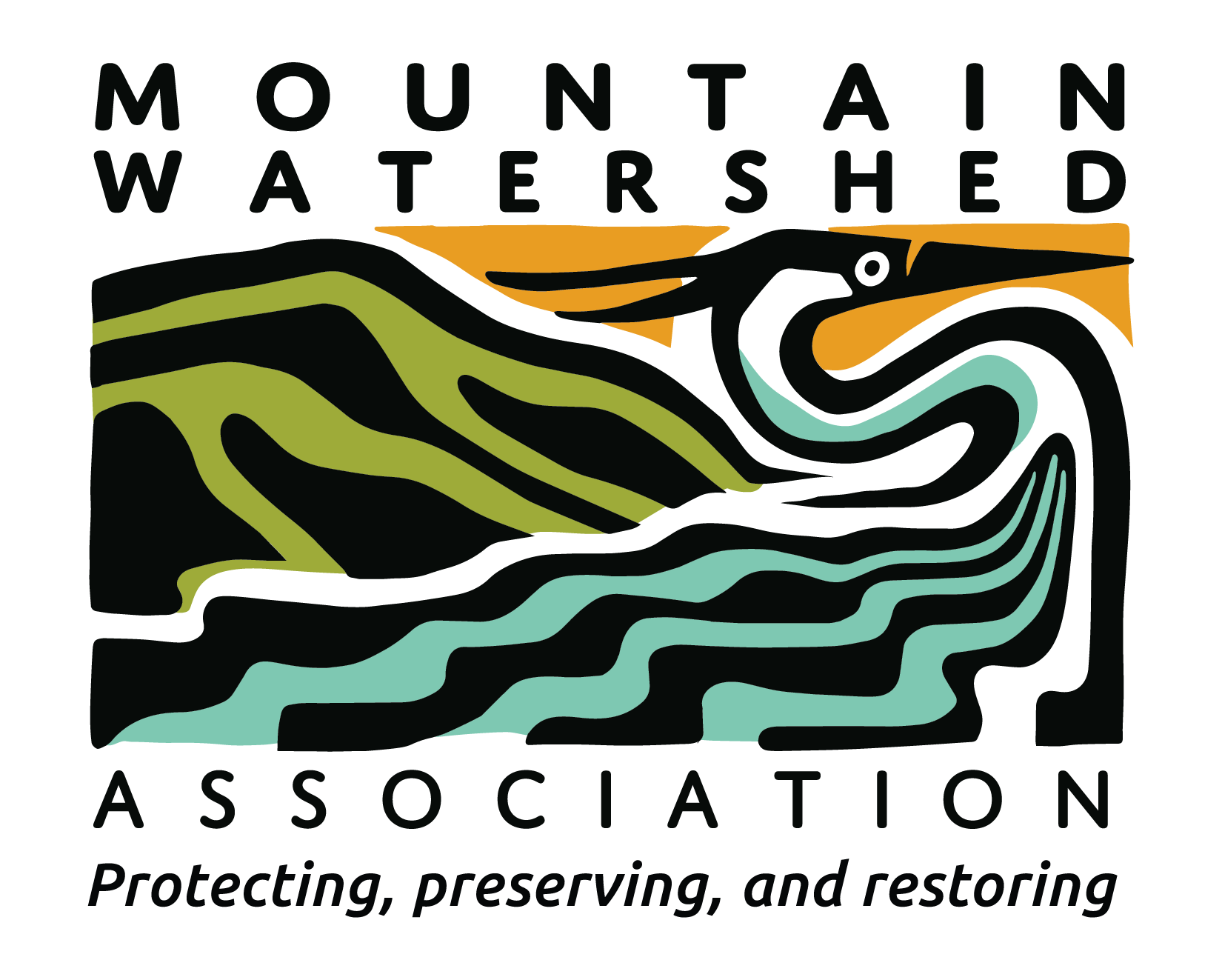Today, the Fayette County Court of Common Pleas granted our land use appeal and declared the special exception for the proposed Curry Mine to be void!
At this point, Amerikohl has neither a DEP permit nor a zoning special exception to mine the proposed Curry site—meaning it would have to reapply to both the Department of Environmental Protection and the Fayette County Zoning Hearing Board in order to pursue a mining project on the property.
“We are absolutely thrilled that after a nearly ten year battle we have succeeded in protecting this area of the Yough River gorge from strip mining,” stated Krissy Kasserman, Youghiogheny Riverkeeper. “This strip mine, nearly 600 acres as originally proposed, posed an immediate threat to water quality, drinking water supplies, recreation and the wild and remote nature of the gorge.”
On November 25, 2015 MWA filed with the Fayette County Court of Common Pleas a motion to dismiss the special exception currently in place for Amerikohl’s proposed Curry mine. The special exception originally granted to Amerikhol expired per the Fayette County Zoning Ordinance which generally provides that the holder of a special exception must act upon the special exception within a year of obtaining it, and must complete the special exception use within a year of acting upon it.
“Even if the company had acted on its special exception within a year of obtaining it, the proposed mine was never completed within a year of that, which is what the rule clearly requires.” stated Oday Salim of Fair Shake Environmental Legal Services, who represented MWA in the land use appeal.
“This project was ill-conceived from the beginning—located less than a thousand feet from the Youghiogheny River and Great Allegheny Passage, surrounded on all sides by public lands and high quality waters, and in a section of the Yough River gorge used heavily for recreation,” continued Krissy Kasserman. “Protection of this area from mining represents a huge victory for our community and for the river.”
The Mountain Watershed Association has also filed a friend of the court brief in Amerikohl’s appeal before the federal Interior Board of Land Appeals and which relates to alleged unauthorized logging that took place on the Curry site in 2009 and again in 2012. MWA sided with the federal Office of Surface Mining, which has argued that timbering that took place at the site should have been conducted under a mining activity permit but wasn’t. If decided in favor of OSM, this decision could impact the way logging on permitted mine sites is regulated statewide. A decision in this matter is still pending.

